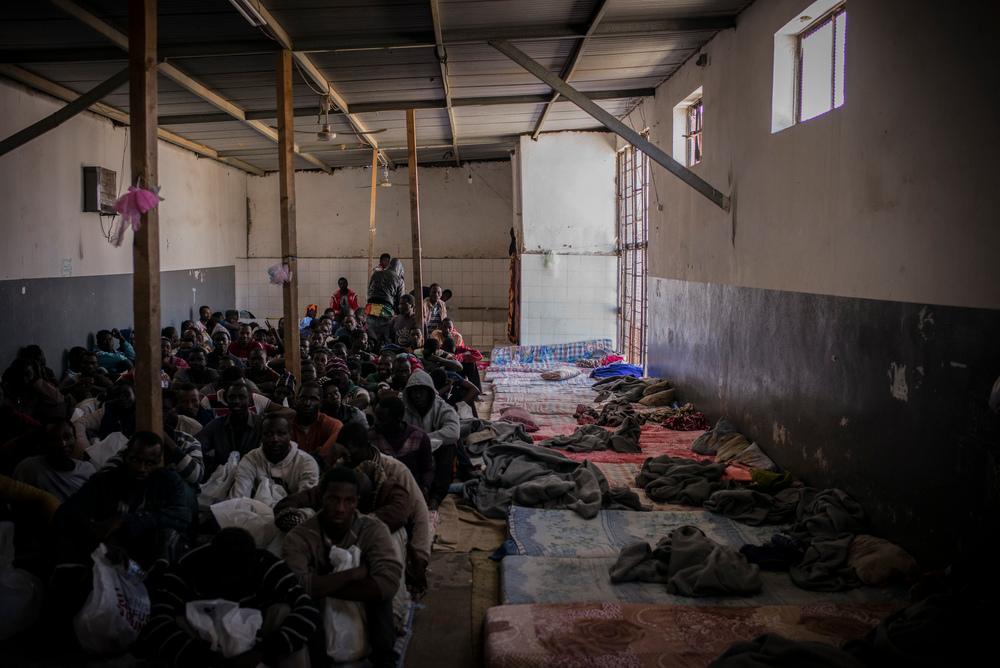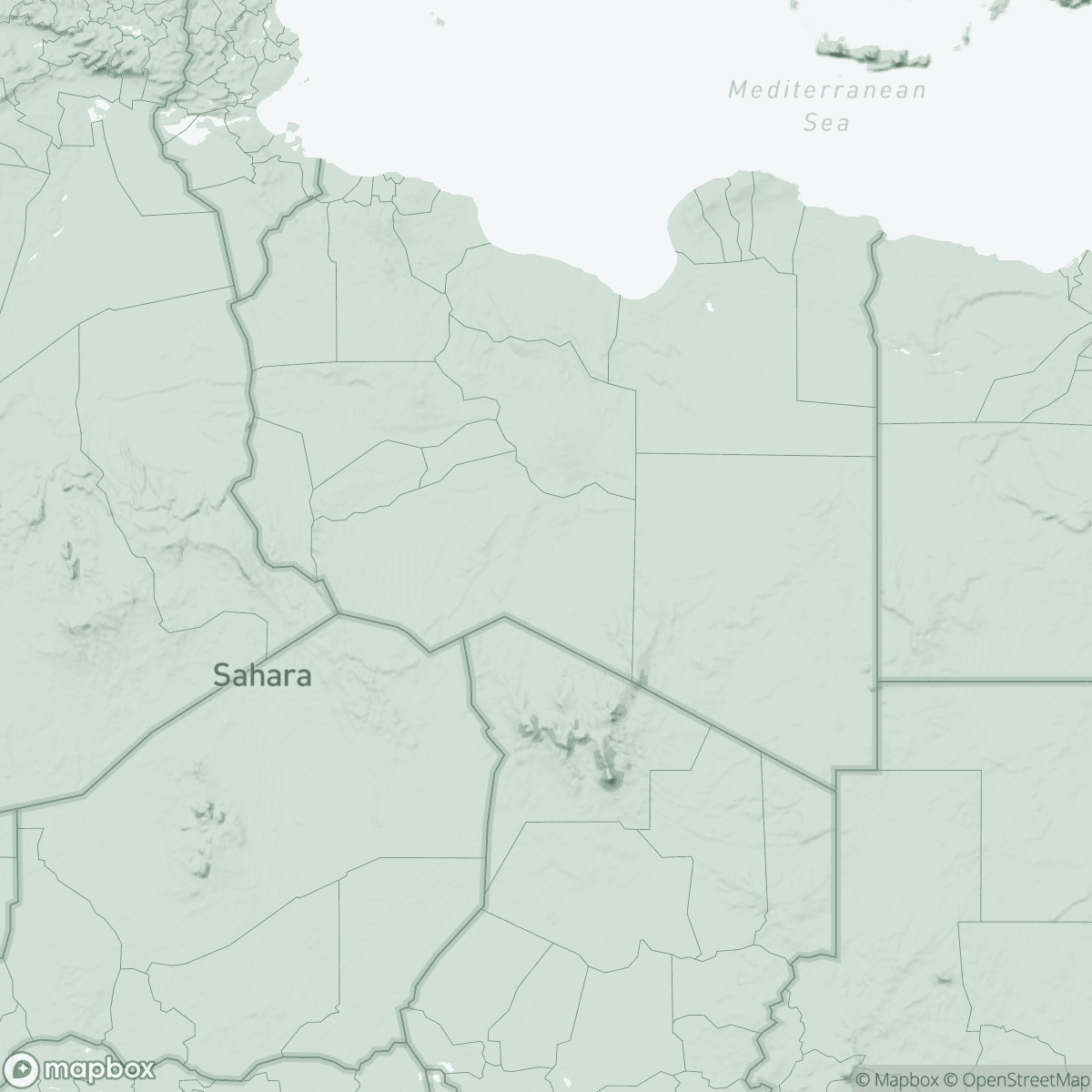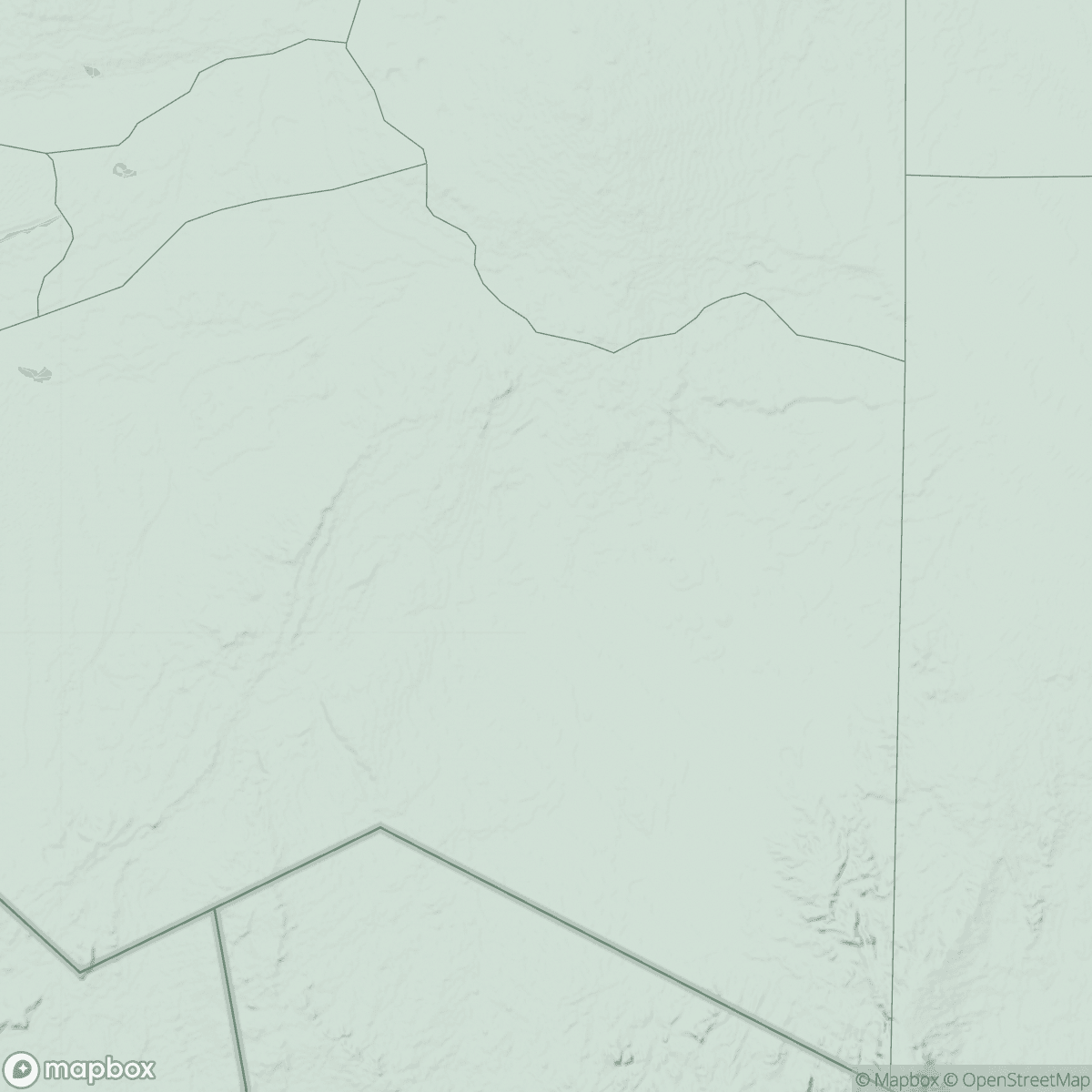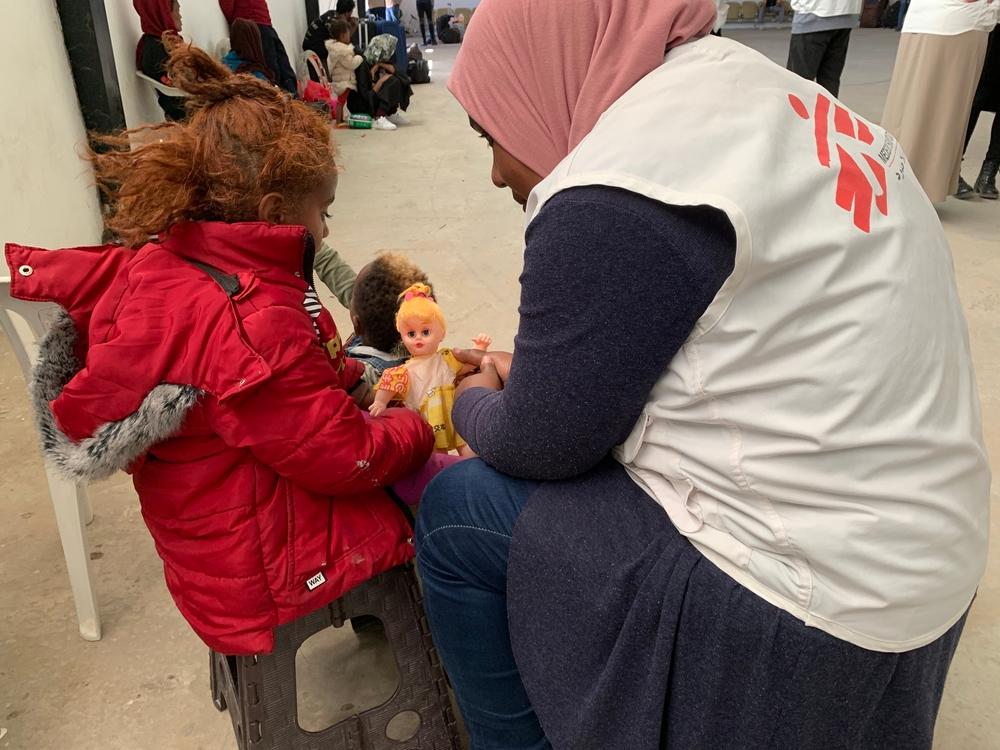
Libya: “You’re going to die here” – MSF reports abuse in detention centres
In 1 click, help us spread this information :
![Amadou [nom modifié], 20 ans, a commencé son voyage à l'âge de 14 ans en Guinée Conakry. "Je n'avais pas peur de mourir en mer. J'étais déjà mort en Libye." © MSF/Candida Lobes](/_next/image?url=https%3A%2F%2Fmedias.msf.lu%2Fsites%2Fdefault%2Ffiles%2F2023-12%2FMSB138577_Medium.jpg&w=3840&q=75)
Over the course of 2023, until MSF ended its medical activities in Tripoli in August, MSF teams witnessed and documented living conditions and abuses inside Abu Salim and Ain Zara detention centres, where thousands of people, including women and children, continue to be arbitrarily detained. Their findings are contained in a report – “You’re going to die here” – Abuse in Abu Salim and Ain Zara detention centres – published by MSF today.
Refugees, asylum seekers and migrants held inside detention centres in Tripoli, Libya have been assaulted, sexually abused, beaten, killed and systematically deprived of the most basic humane conditions, including proper access to food, water, sanitation and medical care, says MSF.
We continue to be horrified by what we saw in Abu Salim and Ain Zara detention,” says Federica Franco, MSF head of mission for Libya. “People are utterly dehumanised, exposed every day to cruel and degrading conditions and treatment.”
According to MSF teams who provided medical care in both centres, mass and indiscriminate violence was frequently used by guards, often as a punishment for disobeying orders, requesting medical care, asking for extra food or in retaliation for protests or attempted escapes.
In Abu Salim detention centre, where only women and children are held, women spoke of how they were subjected to strip searches, intimate body searches, beatings, sexual assault and rape. These abuses were perpetrated by guards but also by men, often armed, who were brought in from outside the detention centre.
A woman recounted how she was taken outside the cell by a female guard, along with two other women:
That night, she [the guard] took us to another room in the prison, where there were men without uniforms, but maybe they were guards or policemen,” said the woman. “When it was my turn, the woman told me that if I had sex with him, I could get out. I started screaming. She pulled me out and hit me with a pipe and I was taken back to the big room with the other women. There she told me: ‘You’re going to die here.’”
In Ain Zara detention centre, detained men told MSF staff about practices of forced labour, extortion and other human rights abuses, including the deaths of at least five people due to violence or lack of access to lifesaving medical care. MSF teams documented 71 violent incidents that took place between January and July 2023, with medics treating injuries including bone fractures, wounds on arms and legs, black eyes and impaired vision.
After seven years of providing medical and humanitarian assistance in Tripoli, the appalling situation we have witnessed in Libya’s detention centres is a direct reverberation of Europe’s harmful migration policies aimed at preventing people from leaving Libya at all costs and forcefully returning them to a country that is not safe for them,” says Franco.


